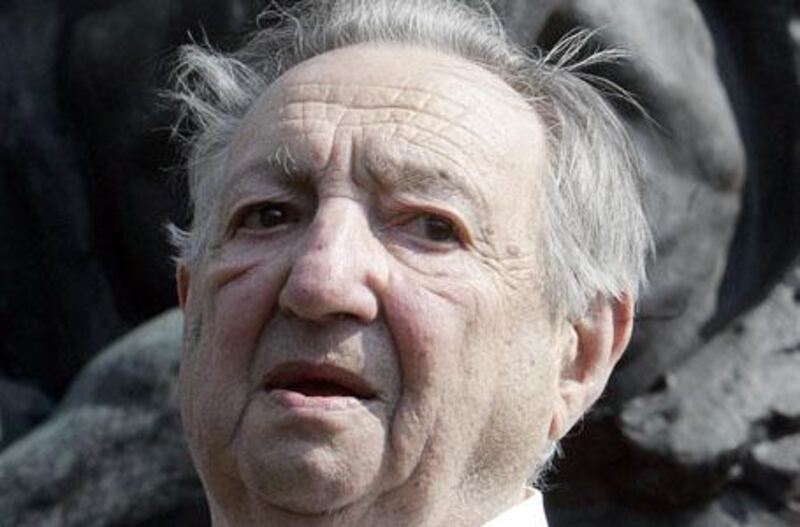Marek Edelman spent much of his life as a practising cardiologist in his native Poland, but it is for his role in the 1943 Warsaw Ghetto uprising against the Nazis as described in his memoir, The Ghetto Fights, that he will be remembered. The last surviving member of the ghetto, he was one of a five-person command group, the Zydowska Organizacja Bojowa (ZOB, the Jewish Combat Organisation) who mobilised the Jews corralled in the centre of Warsaw by the occupying German forces to action. The uprising was the first significant large-scale armed civilian resistance against the Germans in occupied Poland during the Second World War.
As the Nazis moved in to clear the 60,000 Jews who remained in the ghetto after the majority had already been transported to concentration camps and certain death, Edelman and his fellow fighters mounted an impressive show of resistance, equipped with smuggled weaponry. Though there was no chance of victory over the German forces, superior both in number and arms, it was a symbolic, psychologically necessary exercise.
The fighters were eventually defeated by the Germans after inflicting heavy losses, and Edelman and other survivors made their escape through the sewers of the city. Unlike many, however, he decided to stay in Poland. As a young man, he had been influenced by his politically active mother and joined the Bund, a Jewish socialist organisation. It was the belief of Bund members that they should stand to meet the growing anti-Semitism in Poland in the 1930s rather than flee. This same philosophy informed Edelman's determination to stay in Poland and forge a career as a heart surgeon in the aftermath of the war.
In 1946, he moved to Lodz, Poland's second city, where he completed his studies and married. His wife later emigrated from Poland with their two children, but Edelman remained, weathering the recurrent waves of anti-Semitism that reverberated throughout the country during the 1960s and 70s. A supporter of the independent Solidarity trade union movement, he witnessed its overthrow of the Stalinist regime in his homeland in the 1980s.
Much to the consternation of the Israeli government and media, in 2002, Edelman again came to public attention with his open support for the Palestinian leader Marwan Barghouti, who had been arrested and detained by Israeli authorities on charges of murder. Angered by Israel's appropriation of the Warsaw Ghetto as a symbol of Jewish liberation, informed by his own experiences, he was inclined to side with the underdog.
He was appointed to both the Légion d'honneur and Poland's Order of the White Eagle, the country's highest award. Marek Edelman was born on September 19, 1919; he died on October 2. His wife, Alina, predeceased him. He is survived by their son and daughter. * The National






